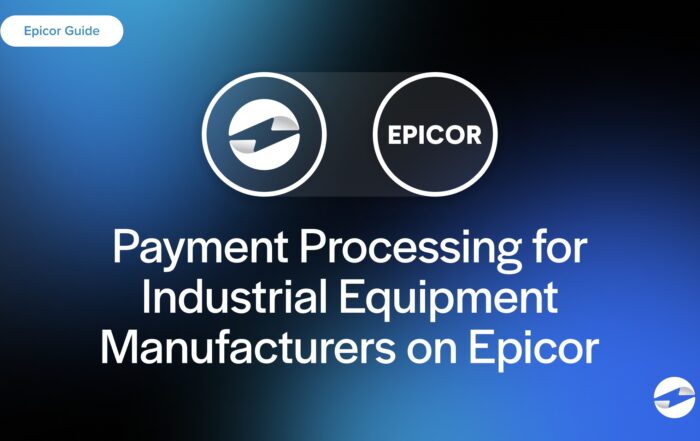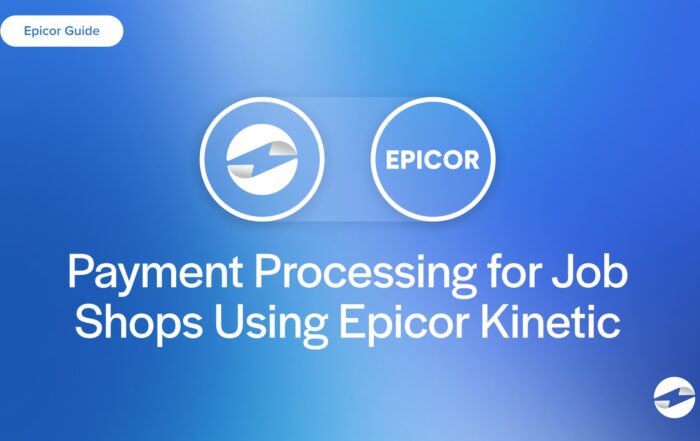What is address verification service (AVS)?
Address Verification Service (AVS) is a security tool that checks if the billing address you enter during a purchase matches the one your bank has on file. AVS is used to identify fraud and protect against unauthorized transactions by authenticating ownership of the card used by the customer (just like the CVV). If the billing address the customer inputs matches what the bank has, the transaction will get approved. If it doesn’t match, the system will flag it for review.
AVS is especially useful for online and phone purchases since there’s no physical card to check. Instead of just trusting that the person entering the card details is the actual owner, AVS helps confirm it by verifying the billing address. While AVS isn’t foolproof, it complicates the checkout process by an extra step for fraudsters tryingusing stolen card info. Businesses often pair it with other security steps, like CVV codes and fraud detection tools, to catch suspicious transactions before they go through.
Key Points
- AVS prevents fraud by verifying billing addresses to ensure they match the one on file with the bank, adding extra security to online and phone purchases.
- AVS mismatches flag errors like typos or outdated info, helping businesses catch fraud before a transaction goes through.
What is an AVS mismatch?
An AVS mismatch happens when the billing address you enter doesn’t match what’s on file with your bank. This could be a small typo, an outdated address, or even a formatting difference. When this happens, the merchant may decline the payment, ask for more verification, or manually review the order. While the frustration of entering your entire billing address to be declined at checkout because of a misspelling is an experience we are all familiar with thanks to Address Verification Services, it remains a crucial and necessary safeguard against fraud.
How AVS works in real life
Let’s say a customer is buying a new phone online. The customer just moved and forgot to update their billing address with his bank. When they enter the old address at checkout, AVS flags it as a mismatch. The store then emails the customer to double-check their information. After receiving the email, the customer updates their billing address, and the payment goes through with no problem. In this case, AVS prevented a fraud alert and allowed the customer to fix an honest mistake.
In another instance, a fraudster gets a hold of someone’s credit card details through a data breach. They attempt to buy an expensive phone online, but since they don’t have the customer’s actual billing address, they enter a random one. AVS flags the mismatch, and the transaction is either declined or flagged for review. The store, noticing the AVS failure and other suspicious activity—like an unfamiliar shipping address—decides to cancel the order and notify the real customer.
AVS is a simple security measure that is in place to protect against fraud. What might seem inconvenient today may protect you against an unauthorized purchase on your credit card tomorrow.
You May Also Like
Payment Processing for Industrial Equipment Manufacturers on Epicor
Read More
Read More
Read More



